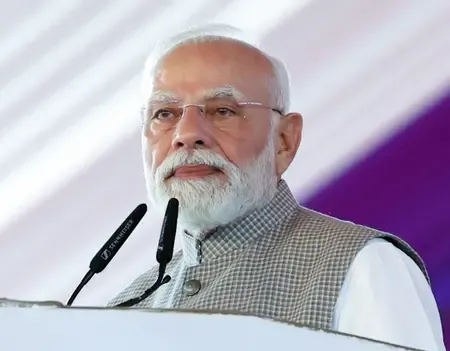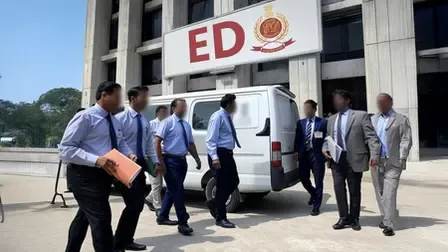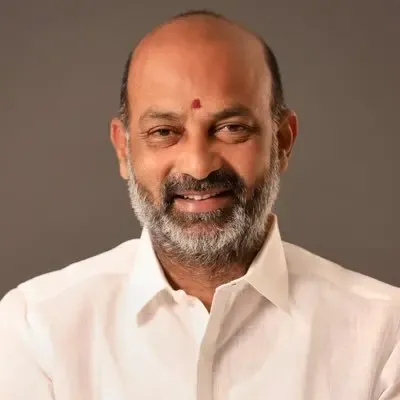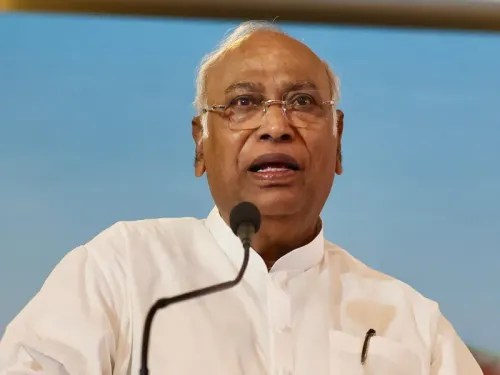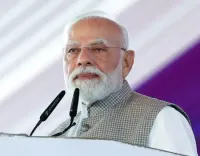Why is Haryana CM Nayab Singh Saini Urging Farmers to Limit Fertiliser and Pesticide Use?
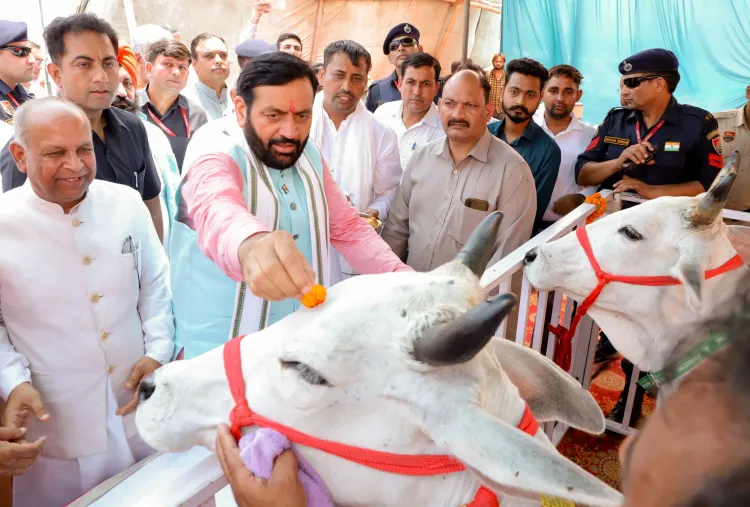
Synopsis
Key Takeaways
- Natural farming is encouraged to maintain soil health.
- Subsidies of up to Rs 30,000 are available for purchasing indigenous cows.
- The newly inaugurated Veterinary Polyclinic enhances animal health services.
- Investment in gaushalas has significantly increased to Rs 515 crore.
- Haryana produces 1 crore 22 lakh 20 thousand tons of milk in 2023-24.
Chandigarh, May 26 (NationPress) Advocating for natural farming, Haryana's Chief Minister Nayab Singh Saini on Monday called on farmers to refrain from the overuse of chemical fertilisers and pesticides in their agricultural practices.
The Chief Minister underscored that natural farming not only helps maintain soil fertility but also contributes positively to the environment and public health. To encourage this practice, the government is providing subsidies of up to Rs 30,000 for farmers purchasing indigenous cows, facilitating cow-based organic farming.
Saini spoke to attendees following the inauguration of the Government Veterinary Polyclinic in Biholi village, located in the Kurukshetra district. During this event, he announced a grant of Rs 21 lakh for community development projects.
Addressing the challenges within the animal husbandry sector, the Chief Minister noted that the current market price for milch animals is often in lakhs rather than thousands. “This situation makes it challenging for small and landless farmers to afford such costly livestock. Even with a purchase, concerns about the health of the cattle persist. In these circumstances, the role of veterinary institutions has become increasingly critical.”
He stated that there are currently six government veterinary polyclinics operational across the state, situated in Sirsa, Jind, Rohtak, Bhiwani, Sonipat, and Rewari. The newly opened polyclinic in Kurukshetra now acts as the seventh facility. In the Kurukshetra district, there are 49 government veterinary hospitals and 72 veterinary dispensaries in operation. Out of 51 veterinary doctor positions, 47 are occupied, while 119 of the 130 Veterinary Livestock Development Assistant (VLDA) roles are filled.
CM Saini stressed the government's commitment to safeguarding and promoting Gauvansh. Over the last decade, around 650 gaushalas have been established throughout Haryana. Before 2014, the budget for gaushalas was a mere Rs 2 crore, but the current administration has raised this to Rs 515 crore to ensure no Gauvansh remains in distress.
The Chief Minister expressed his pride in the cattle rearers, whose dedication has brought Haryana significant acclaim in animal husbandry. Although Haryana constitutes only 2.1 percent of the country’s milch animals, it contributes 5.11 percent of India’s total milk production. In the year 2023-24, Haryana generated 1 crore 22 lakh 20 thousand tons of milk.
He remains optimistic that progressive cattle farmers will continue to enhance this output. Haryana’s per capita daily milk availability is 2.34 times the national average, with the state at 1,105 grams compared to the national average of 471 grams.
Regarding the development initiatives in the Ladwa Assembly constituency, the Chief Minister noted that since 2024, development projects worth Rs 110 crore have been executed in the region, with several completed and others still underway.

